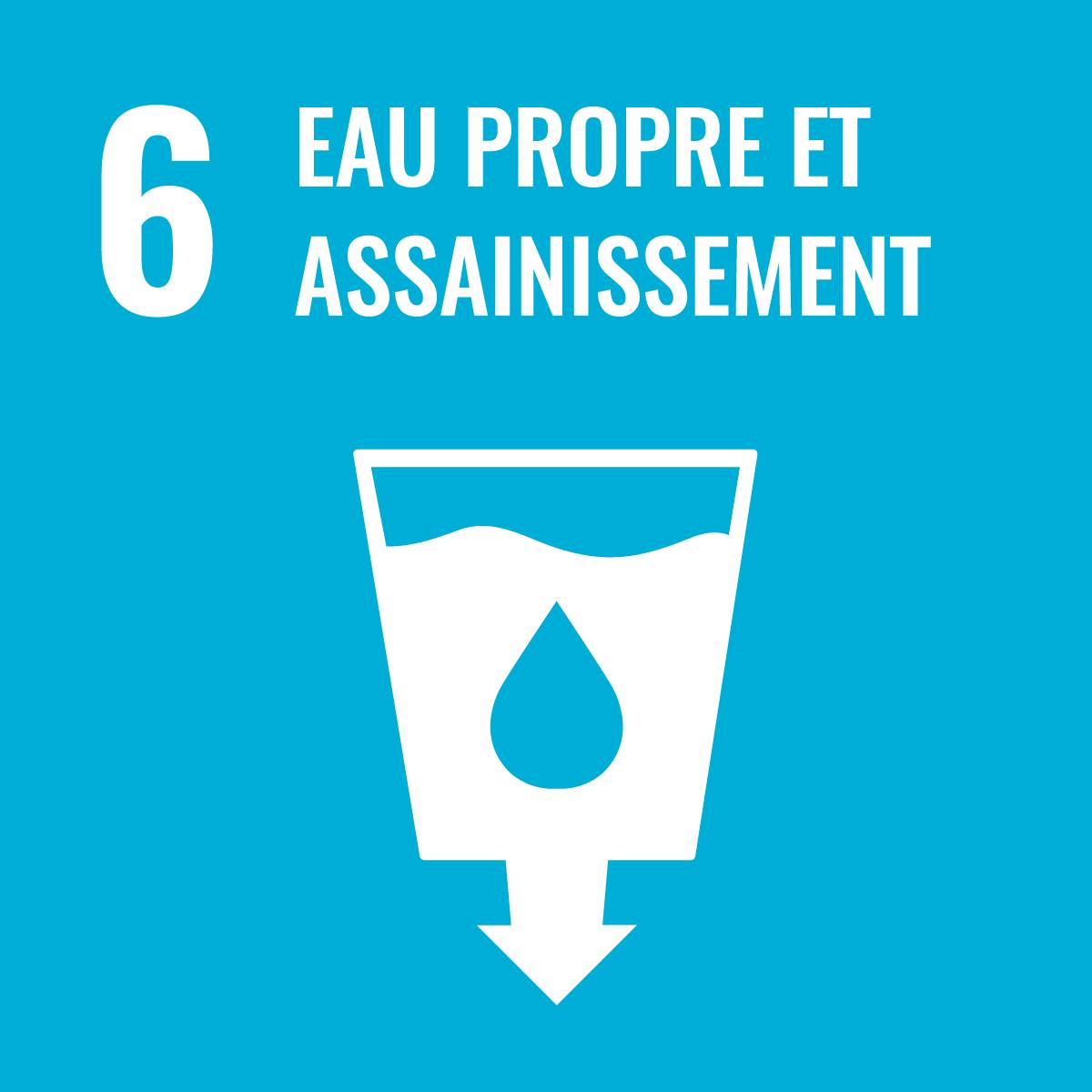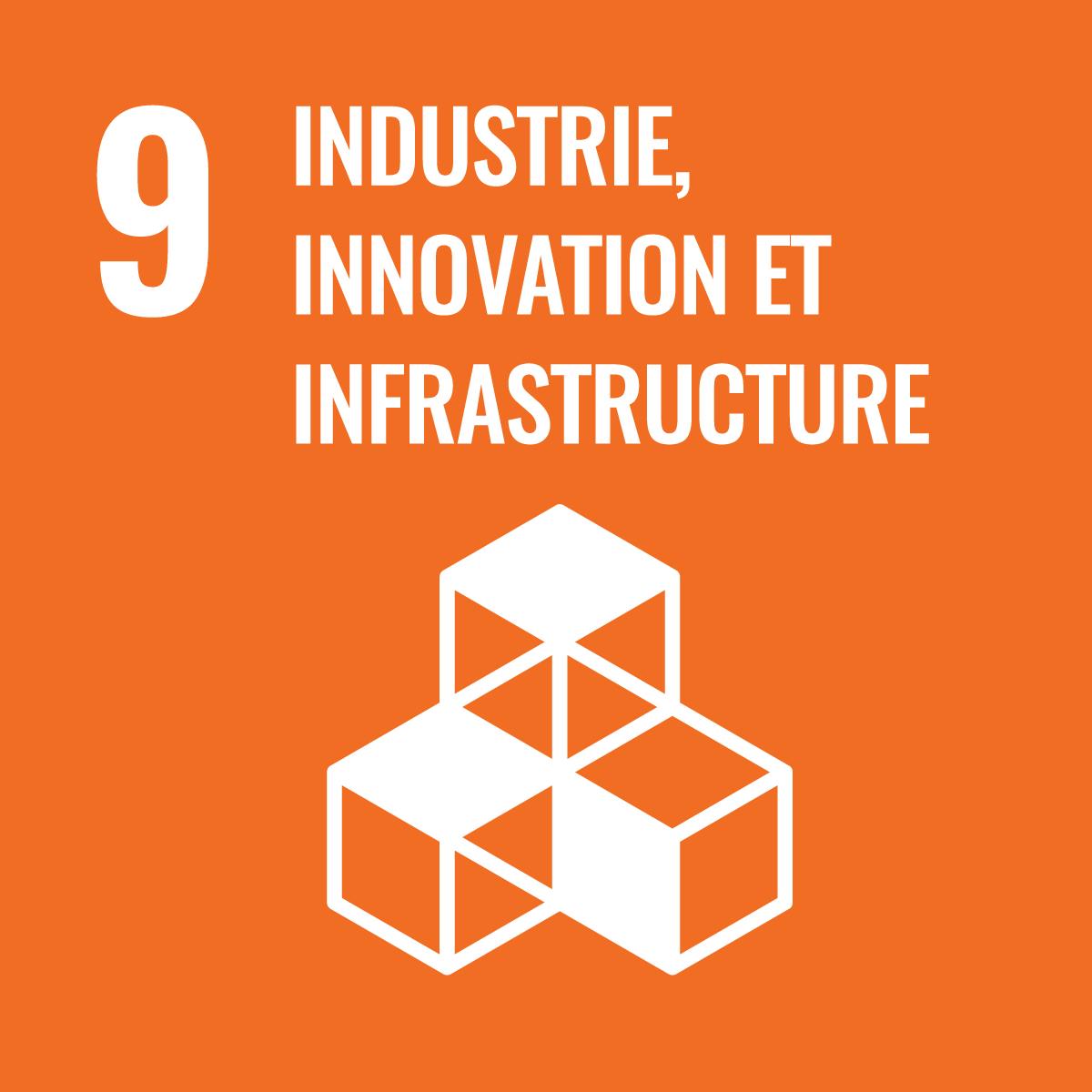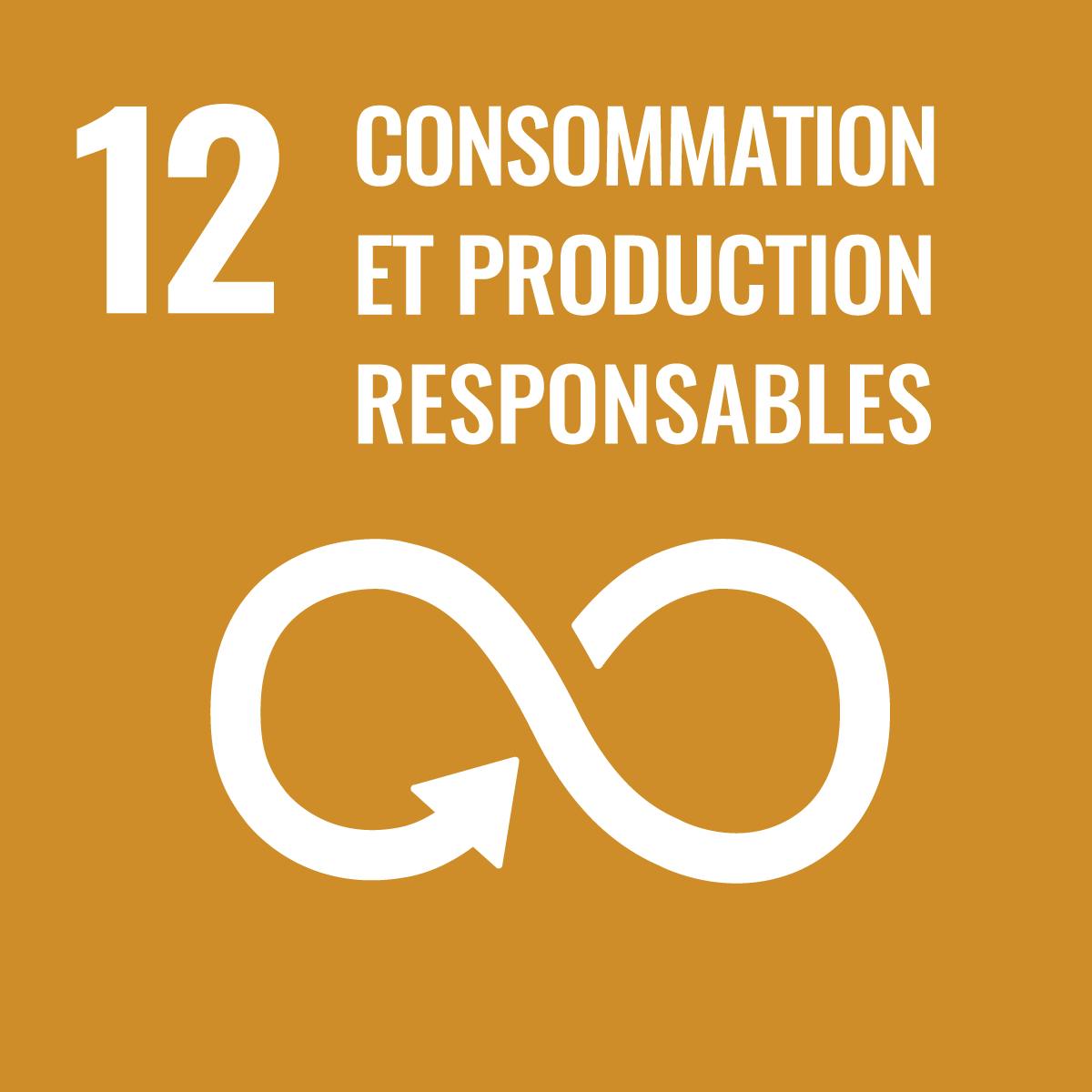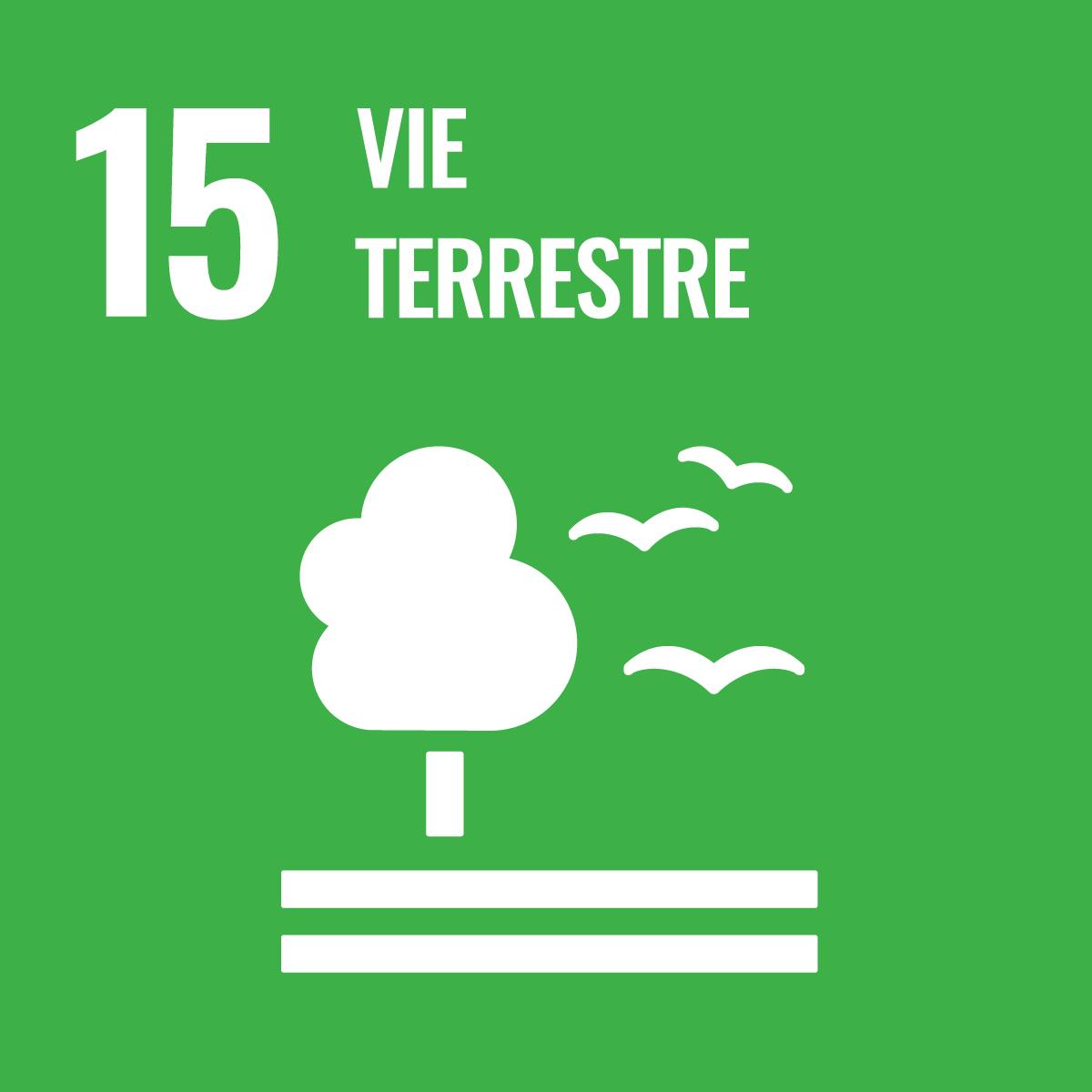3. Non-financial performance
3.9 Appendixes and concordance tables3.9 Annexes et tables de concordance
3.9.1 Contribution to UN sustainable development goals
As part of its work, the WBCSD (1) has identified priority Sustainable Development Objectives to which companies in the electricity sector must contribute in order to maximise their positive impacts or minimise their negative impacts(2). The following table summarises EDF’s contribution in relation to this analytical grid, and assesses its contribution in relation to the commitments, policies and actions undertaken (with cross-references to the relevant sections of the Statement of non-financial performance).
Sustainable development Objectives | Priority contribution using WBCSD criteria for the electric utilities sector | Details of commitments, policies and actions carried out by EDF (§ DPEF) | EDF's contribution to each of the Objectives | |||
|---|---|---|---|---|---|---|
Maximising positive impact | Minimising negative impact | |||||
 |  Sustainable development Objectives Sustainable water management for all |  Priority contribution using WBCSD criteria for the electric utilities sector
|  |  EDF's contribution to each of the Objectives Integrated and sustainable water management § 3.2.3; Responsible regional development § 3.4.2 Integrating the maximisation of positive impacts |  | |
 |  Sustainable development Objectives Affordable and clean energy |  |  |  EDF's contribution to each of the Objectives The Group's carbon footprint § 3.1.1; Carbon offsetting solutions § 3.1.2; Adapting to climate change § 3.1.3; Development of electricity use and energy services § 3.1.4; Integrated and sustainable water management § 3.2.3; Waste and the circular economy § 3.2.4; Energy poverty and social innovation § 3.3.4; Responsible regional development § 3.4.2 |  | |
 |  Sustainable development Objectives Decent work and economic growth |  |  Details of commitments, policies and actions carried out by EDF (§ DPEF)
|  EDF's contribution to each of the Objectives Development of electricity uses and energy services § 3.1.4; Responsible regional development § 3.4.2 |  | |
 |  Sustainable development Objectives Industry, Innovation and Infrastructure |  |  Details of commitments, policies and actions carried out by EDF (§ DPEF)
|  EDF's contribution to each of the Objectives Integrated and sustainable water management § 3.2.3; Waste and circular economy § 3.2.4; Responsible regional development § 3.4.2; Development of industrial sectors § 3.4.3 |  | |
 |  Sustainable development Objectives Responsible Production and Consumption |  Priority contribution using WBCSD criteria for the electric utilities sector
|  |  EDF's contribution to each of the Objectives Biodiversity § 3.2.1; Responsible land management § 3.2.2; Integrated and sustainable water management § 3.2.3; Waste and circular economy § 3.2.4; Safety, health and security for all § 3.3.1; Ethics, compliance and human rights § 3.3.2; Dialogue and consultation with stakeholders § 3.4.1; Responsible regional development § 3.4.2; Responsible IT § 3.4.4 Integrating the maximization of positive impacts |  | |
 |  Sustainable development Objectives Climate action |  |  |  EDF's contribution to each of the Objectives The Group's carbon footprint § 3.1.1; Carbon offsetting solutions § 3.1.2; Adapting to climate change § 3.1.3; Development of electricity use and energy services § 3.1.4; Integrated and sustainable water management § 3.2.3; Responsible IT § 3.4.4 |  | |
 |  Sustainable development Objectives Life on land |  Priority contribution using WBCSD criteria for the electric utilities sector
|  |  EDF's contribution to each of the Objectives Biodiversity § 3.2.1; Responsible land management § 3.2.1; Waste and circular economy § 3.2.4 Integrating the maximisation of positive impacts |  | |
(1) The World Business Council for Sustainable Development (WBCSD) is a coalition of international companies created in 1995 and united by a common commitment to sustainable development.
(2) WBCSD, Sector Transformation: An SDG Roadmap for Electric Utilities, 2020.
